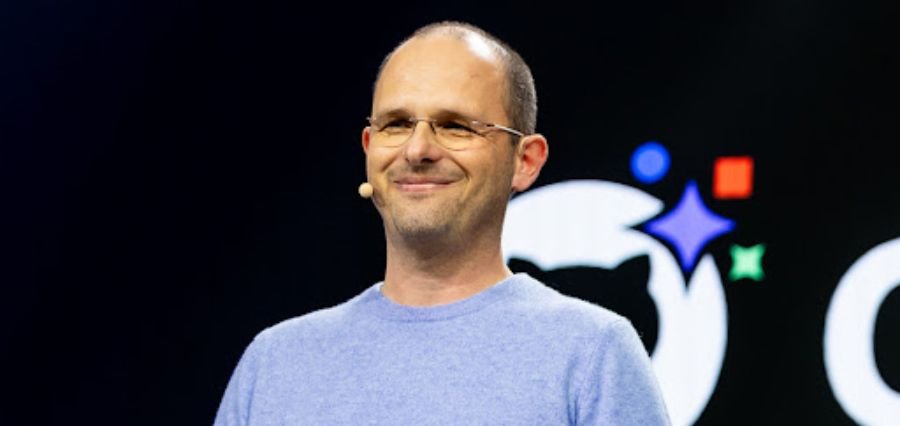Prime Highlights
- Elmo’s authentic X account was hacked, generating a series of politicized and incendiary tweets aimed at Donald Trump.
- The account was soon locked by Sesame Workshop, denouncing the message and deleting the tweets.
Key Fact
- The hack included racist and antisemitic epithets, as well as the incendiary call for Trump to “release the Epstein files.”
- The incident highlighted vulnerabilities in popular social media accounts, even those belonging to cherished characters.
Key Background
“Elmo’s X account hacked” was a trending hashtag shortly after the famous Sesame Street puppet’s account had been compromised on July 13. The account with its hundreds of thousands of followers tweeted a series of racist, antisemitic, and politically charged messages. One of the most sickening was a call-out directly addressing Donald Trump to “release the files” on Jeffrey Epstein, followed by hate speech and conspiracy-fueled accusations. The tweets viciously criticized Trump as an “Israeli puppet” of Israeli Prime Minister Benjamin Netanyahu and contained violence threats.
Sesame Workshop, the not-for-profit corporation that produces the Sesame Street brand, quickly confirmed the security breach. The corporation issued a strong condemnation of the tweets as “disgusting” and explained that the company had recovered control of the account. The offending tweets, readable for approximately 30 to 60 minutes, were immediately taken down. The company assured the public steps were being taken to correct and reiterated their desire to foster kindness and acceptance for all—requirements contrary to the content disseminated via the hack.
The hacking of so widely respected and well-loved a character, especially by children and families, was rampant with indignation. Twitter users were indignant to see such despicable content posted to an account with the Elmo name, indicative of the dangers of hijacking an account—especially one belonging to an icon of innocence. Calls for increased cybersecurity measures have emerged, especially for accounts belonging to public-facing organizations or personas.
Politically, mention of the “Epstein files” fueled new controversy. In spite of repeated denials by Trump and official Justice Department publication denying the existence of the list, conspiracy theories still spread like wildfire on the web. The hacker used this feeling to outrage the public, creating new buzz around the broader disinformation ecosystem that is prevalent on social media today. The episode is a grim reminder of how quickly misinformation spreads and why digital accountability matters.
Read Also : Chinese-Owned Battery Plant Suspends Construction Amid U.S. Tariff Pressures








